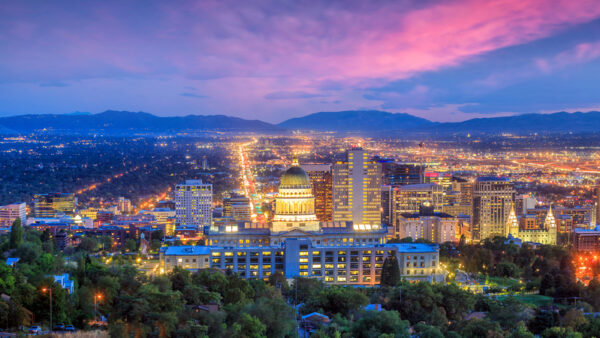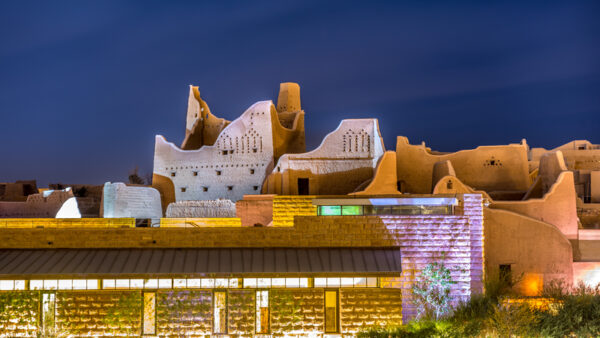The Nicaraguan government must revoke the interoceanic canal concession given to Chinese billionaire Wang Jing because it would make thousands of displaced peasants destitute, a leading human rights body declared today.
This rhetoric is unbearable. No one here is against development– Vilma Nuñez, CENIDH
The delayed $50bn canal deal breaches the country’s own constitution, and denies Nicaraguans’ rights to property, adequate housing, water, and food, says the Paris-based International Federation for Human Rights (FIDH).
In a report released today FIDH says that, under the deal, “constitutional and legal guarantees provided for by the Nicaraguan law are not respected”.
“The expropriations process doesn’t provide for any administrative or judicial recourse, but does provide for a blatantly insufficient compensation,” it says.
The report also expresses concern for Lake Nicaragua (Cocibolca), set to be dredged to accommodate huge ocean-going vessels. This lake is the main fresh water reserve for all of Central America, the report says, adding: “The Canal construction will surely affect the 80,000 people who use the lake’s water and the 40 different varieties of fish living in it.”
“Respecting nature and the rights of rural communities is not a luxury. It’s a duty,” said FIDH President Dimitris Christopoulos.
“These projects will have a dramatic impact on the environment and on human rights. It is unimaginable to sell off territory as such. The government must back out.”
FIDH and the Nicaraguan Centre for Human Rights (CENIDH), which co-authored the report, said the whole canal scheme amounted to “unprecedented land and water grabbing”.
The Nicaraguan government strongly backs the scheme, claiming it will transform the economy of the impoverished country.On 13 June 2013, without any prior public consultation or debate, the national assembly approved Law 840, granting the interoceanic canal concession to Wang Jing’s company HKND for 50 years and an optional further 50. The agreement and the law that backs it up conferred astonishing powers to the Chinese company, including the right to expropriate any land it deemed necessary for the project.
Vilma Nuñez, President of CENIDH, rejected attempts by the Nicaraguan government to cast opponents of the scheme as “enemies of development”.
“This rhetoric is unbearable,” she said today. “No one here is against development. We simply want a sustainable and responsible development respectful of laws and human beings.”
Image: Scientists and rights groups fear for Lake Nicaragua, the main fresh water reserve for all of Central America (FIDH)
Further Reading:
Comments
Comments are closed.







Once again too much power in the hands of too few grossly ill informed individuals can spell tragedy for a whole nation and their neighbours as well – as they proceed like bulls in a china shop ( please excuse the pun! ) As per usual no thought has been given to either the human or the ecological factors involved in clearing land or in the fresh water security of their nation and their neighbouring countries also adversely affected! I wonder if they have even given a though to the fact that Canada, with their ice free north west passage, may just offer a more viable inter-ocean route than their highly costly canal gamble! Then again the Panama canal can once again be expanded at a much lower cost to accommodate even the very biggest ships requiring two-way inter-ocean transit! Rather they rethink!